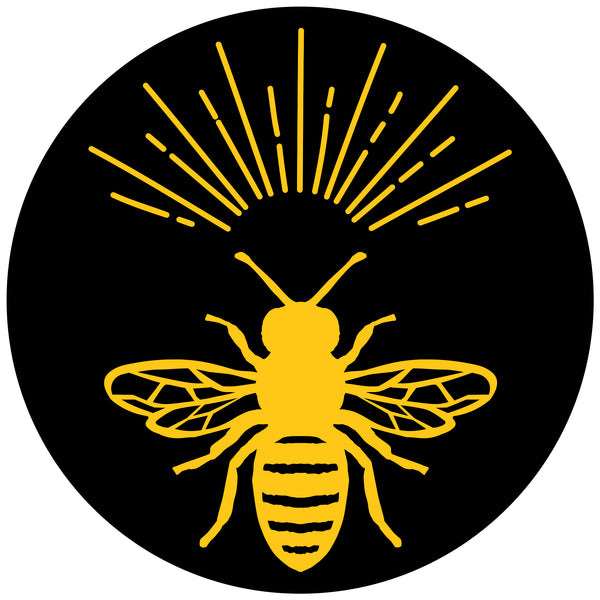Bee pollen, often referred to as nature's most complete food, is gaining attention in the health community for its potential benefits, not just for adults but for children as well. This tiny, golden powerhouse is packed with nutrients that can support your child's growth and well-being. Let's explore the fascinating world of bee pollen and its potential impact on children's health.
What is Bee Pollen?
Bee pollen is a mixture of flower pollen, nectar, enzymes, honey, wax, and bee secretions. It's collected by worker bees and serves as the primary food source for the hive. With over 250 biologically active substances, including proteins, carbohydrates, lipids, fatty acids, vitamins, minerals, enzymes, and antioxidants, bee pollen is a nutritional goldmine.

Potential Benefits for Kids
- Immune System Support: Bee pollen contains antimicrobial and antiviral properties that may help boost your child's immune system. It could potentially reduce the frequency and severity of common childhood illnesses.
- Nutritional Boost: With its rich nutrient profile, bee pollen can supplement a child's diet, especially for picky eaters or those with nutritional deficiencies.
- Allergy Relief: Some studies suggest that bee pollen may help alleviate seasonal allergies in children when introduced gradually and under supervision.
- Energy Enhancement: The natural sugars, proteins, and B-complex vitamins in bee pollen can provide a sustained energy boost for active kids.
- Growth and Development: Animal studies have shown promising results in using bee pollen to support growth and development, which could potentially benefit children.

Check out our Fun and Nutritious Bee Pollen Recipes for Kids!

Safety and Dosage for Kids
While bee pollen is generally considered safe, it's crucial to approach its use in children with caution. Here are some guidelines:
- Age Restriction: It's generally not recommended for children under 1 year old.
- Start Small: Begin with just one or two granules and gradually increase the dose.
- Observe Carefully: Watch for any signs of allergic reactions, especially in the initial stages.
- Consult a Professional: Always consult with a pediatrician or healthcare provider before introducing bee pollen to your child's diet.
A typical dose for children might be 1/4 to 1/2 teaspoon per day, depending on their weight and tolerance.
Potential Risks and Precautions
While bee pollen offers numerous benefits, it's not without risks:
- Allergic Reactions: Children with pollen or bee sting allergies should avoid bee pollen due to the risk of severe allergic reactions, including anaphylaxis.
- Medication Interactions: Bee pollen may interact with certain medications, including blood thinners.
- Quality Concerns: Ensure you source bee pollen from reputable suppliers to avoid contaminants or adulterants.
Bee pollen holds promise as a natural supplement for supporting children's health. However, it's essential to approach its use with caution, starting with small doses and always under professional guidance. As research continues, we may uncover even more ways this golden dust from nature can benefit our little ones.
Remember, while bee pollen can be a valuable addition to a child's diet, it should never replace a balanced diet or prescribed medications. Always prioritize whole foods and consult with healthcare professionals for personalized advice.
References:
-
Healthline. (n.d.). What Is Colostrum? Nutrition, Benefits, and Downsides.
https://www.healthline.com/nutrition/bovine-colostrum -
Bee Pollen Buzz. (n.d.). Bee Pollen Safe for Kids.
https://www.bee-pollen-buzz.com/bee-pollen-safe-for-kids.html -
Dr. Axe. (2024). Bee Pollen Benefits, Nutrition Facts and How to Use.
https://draxe.com/nutrition/bee-pollen/ -
WebMD. (2024). BEE POLLEN - Uses, Side Effects, and More.
https://www.webmd.com/vitamins/ai/ingredientmono-78/bee-pollen -
Komosinska-Vassev, K., Olczyk, P., Kaźmierczak, J., Mencner, L., & Olczyk, K. (2015). Bee Pollen: Chemical Composition and Therapeutic Application. Evidence-Based Complementary and Alternative Medicine, 2015, 297425.
https://www.ncbi.nlm.nih.gov/pmc/articles/PMC4377380/

